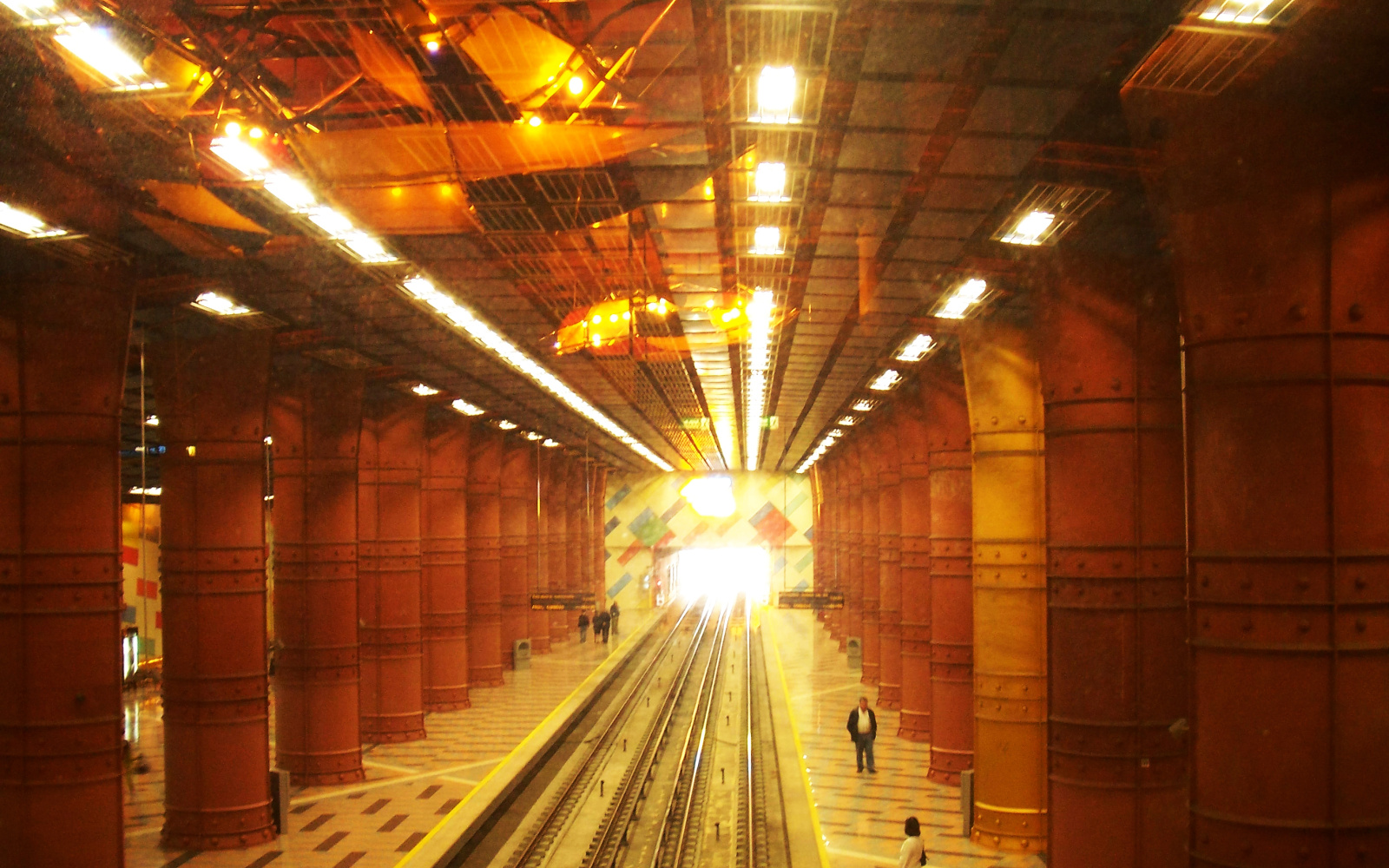Goran Vranešević
Cinema: Reality of Beauty
If there is a question of reality in cinema, it must be articulated as a question of reality of reality itself. In other words, it is a question of »Bühnentauglichkeit« of reality. Is the idea of reality even applicable to the film medium? Is a cinematic event meant to fabricate a pure instance of reality in a suite without stitches, as Bazin used to say, or is there something else we have to take into consideration when talking about the film medium. It could be said that such an event is defined by occurrences that didn't happen, or, something that is ignored from the field of vision, a blind spot, as Bonitzer defined it. It is also quite possible, that our age of necessary subversiveness is quite simply unable to produce such acts. Conversely, cinema seems as an ideal medium to express beauty in the sense that was conceptualized by Kant. Its essence is not to be confused with pretty kitsch, natural authenticity or homely pleasantness. It is rather an indifference to the state of the object giving rise to beauty, which nevertheless produces pleasure, not just for the common spectator but as a general feature. David Lynch's »The Straight Story« (1999) entails such characteristics. In the same manner as reality, beauty doesn't reflect some personal taste or pleasure. By persisting as an object without a thing, it touches upon a surplus in representation. There is a curvature contained within it, making appearance not conform with itself, and it is this discrepancy which is the reality of cinema.
Goran Vranešević is a research fellow at the Institute for Applied Research and Development in Celje, Slovenia, coordinator of the Seminar for political theory at the Peace Institute in Ljubljana, Slovenia and a member of the council of Aufhebung - International Hegelian Association. He has written articles on psychoanalysis, aesthetics, political philosophy, speculative philosophy and contemporary cultural phenomena.
